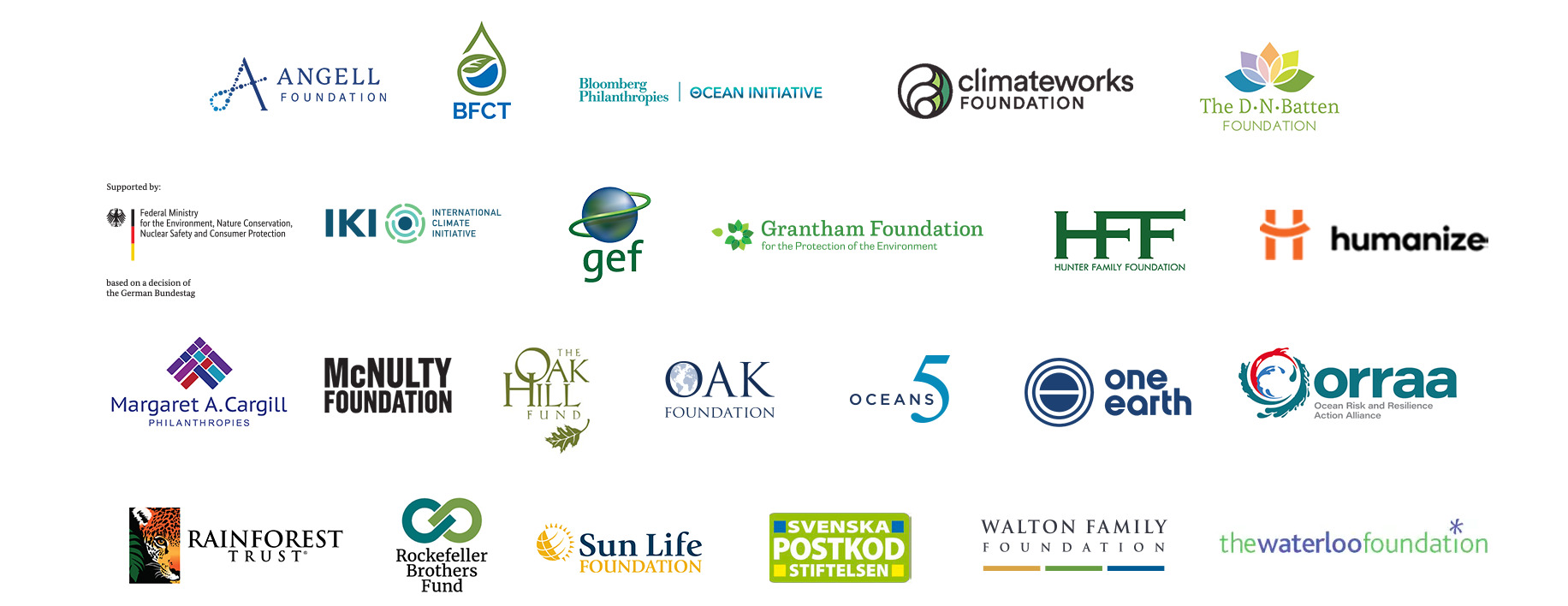Never miss an update!
Sign me up for occasional emails to learn more about Rare’s Fish Forever program and how I can support its mission.
I know I can unsubscribe at any time.
Fish Forever: Rare’s Fish Forever program is a global leader in revitalizing our coastal seas and communities. The program helps coastal fishing communities worldwide to restore, protect, and manage their fisheries.
Goal: To deliver replicable and scalable community rights-based management across eight countries, using a global network of 500 local leaders to secure livelihoods for one million fishers, alleviate poverty, ensure food supply, and protect coastal ecosystems from chronic threats.
Fish Forever Countries: Philippines, Indonesia, Mozambique, Brazil, Honduras, Guatemala, and the Pacific Island countries of Palau and the Federated States of Micronesia.
Fish Forever is possible thanks to the support of many, including the following current donors:
